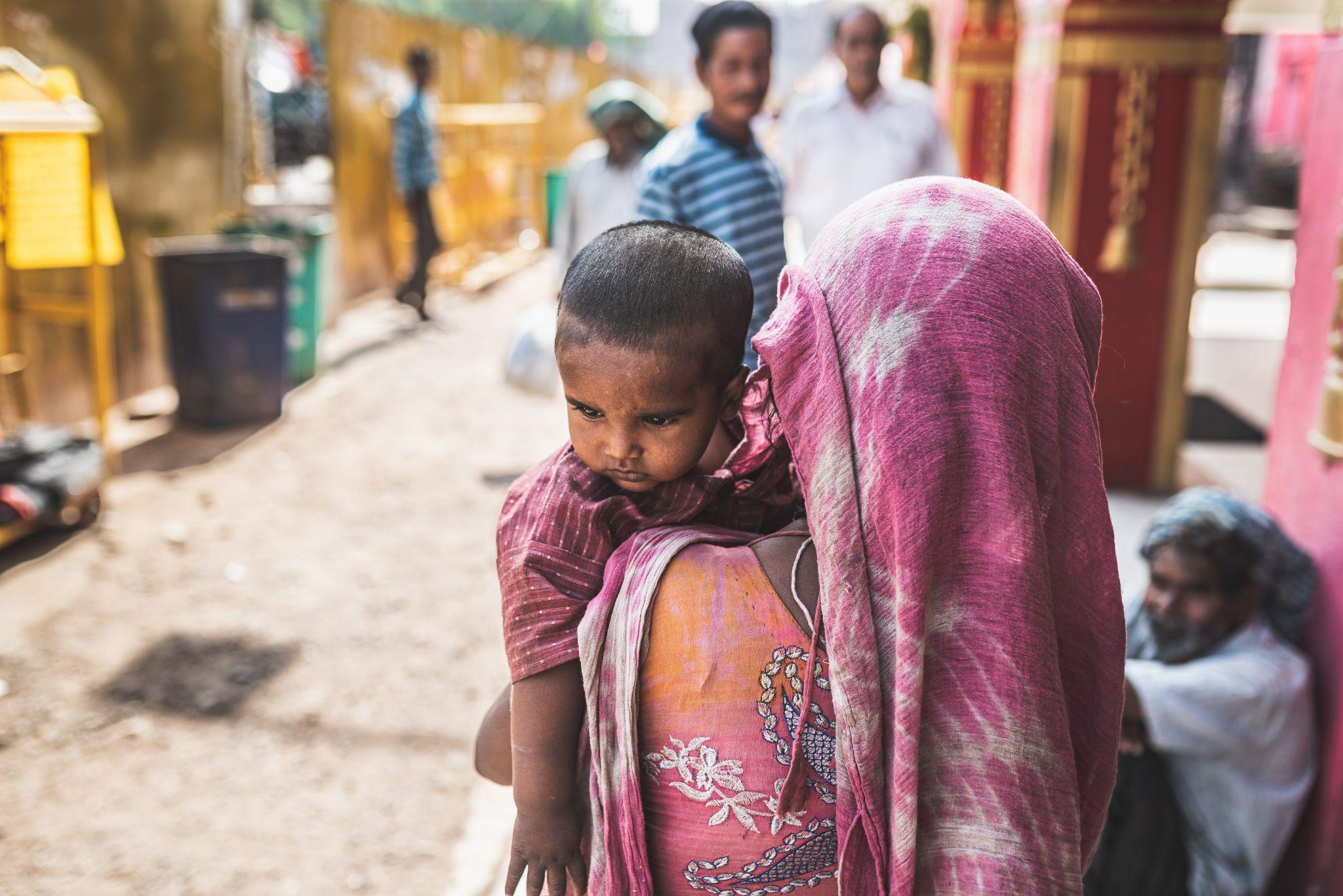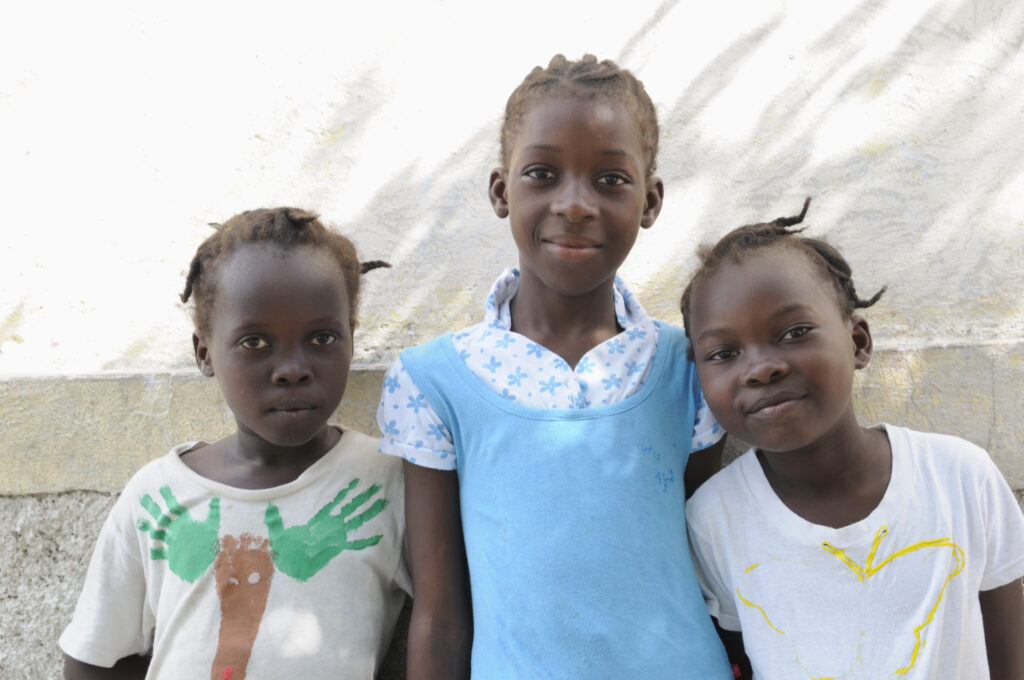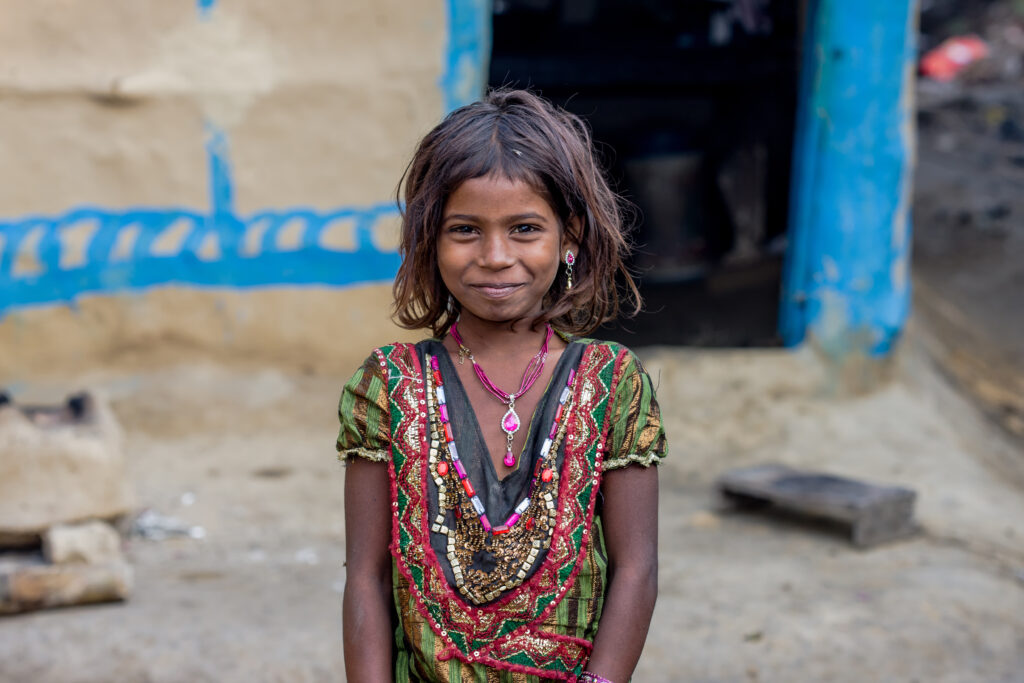Most Orphans are Not Orphans
When Sita was six months old, she was as small as a newborn.
She cried almost constantly from being underfed. Her belly was bloated, but her bones were seen sticking out from under her skin.
In a desperate act, her mother carried Sita to a local orphanage and begged them to take her. The little girl was dying, and her teenaged mother could not sit by and watch that happen. It wasn’t abandonment. It was love, actually. She loved her daughter so much, she would even give her away if it meant the little girl would get a chance to live.
This is the reality for a majority of the more than 5.4 million children growing up in orphanages around the world. These children aren’t orphans at all.
According to most estimates, 80% of children raised in institutions have one or more living parents. And nearly all of them have some form of family; grandparents, aunts, uncles, someone.
The issue isn’t parents at all, it’s poverty. If parents had the resources and the support, most would happily take their children back.
The irony is: It costs significantly more to support a child in an orphanage than in a family.
Think about that.
In Haiti for example, according to a study from the Lumos Foundation, an estimated 100 million dollars is donated to orphanages each year, primarily from the US, primarily from faith-based organizations.
While the heart of this generosity is meant to help, the reality is, for this amount of money, all 30,000 children currently living in Haitian orphanages could be returned home or supported in alternative care.
Not only that, half of the 207,000 children under 15 living as child domestic laborers could also be returned home and supported within their families.
Not to mention how this would help avoid the harm an orphanage childhood causes to children’s social, emotional and cognitive development. The damage institutions cause is a long and well documented list.
And all this can be accomplished just by changing our focus from orphanages to families.
Today, Miracle Foundation is working to bring Sita home. She’s 12 years old now, strong and beautiful, and she thinks about her mother every day. Her home is still less than a mile from the orphanage where the family situation has improved. Her mother is 30, more stable, excited by the idea of having her daughter back. Though it’s been many years, she’s never forgotten about the girl she was forced to give away.
Let’s not forget about her either.
Let’s bring Sita and all children out of orphanages and back into families, so they can spend as much of their remaining childhood at home where they truly belong.
To help us do more of this work, consider joining our Miracle Village. As a monthly partner, you’ll be changing lives all year long. Click HERE to learn more.
Children’s names and identifiers have been changed to protect their identities.



